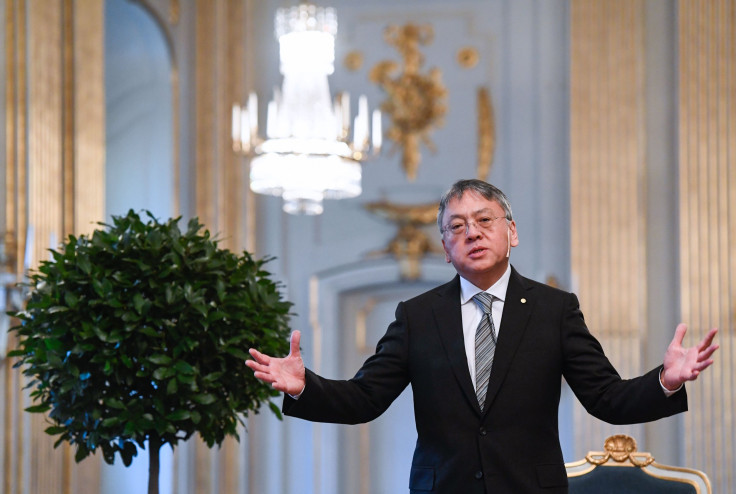Nobel Prize 2017 Live Stream: Laureates To Receive Awards In Sweden, Norway

The Nobel Prize 2017 awarding ceremony will be taking place in Stockholm, Sweden, on Sunday. At first there will be numerous presentations which will describe the work done by this year's winners after which they will be presented with a diploma and a medal by the King of Sweden, Carl XVI Gustaf.
The Nobel Peace Prize 2017 will be taking place in Oslo, Norway, at Oslo City Hall where this year’s winners will be presented with the award by the Chairman of the Norwegian Nobel Committee, in the presence of the king and queen of Norway and members of the Norwegian government.
The Nobel Prize ceremony can be seen live on SVT, a Swedish public service broadcaster which has exclusive rights to film the event. The broadcast will start approximately around 3:20 p.m. GMT (10:20 a.m. EST), Sunday.
After the prize ceremony, the Nobel Banquet will take place at Stockholm City Hall where some of the winners will be giving a banquet speech. A live feed of the Banquet Speeches will be available for everyone to see on Nobel Media which will start approximately around 8:50 p.m. GMT (3:50 p.m. EST), Sunday.
The Nobel Peace prize ceremony in Oslo will be filmed and broadcasted exclusively by NRK, a Norwegian government-owned radio and television public broadcasting company. The broadcast will begin at approximately 11:50 a.m. GMT (6:50 a.m. EST), Sunday.
The Nobel prize distribution on Sunday will also be streamed live on the official Nobel Prize channel.
The lectures made by the Nobel laureates at the Nobel Week Dialogue can be seen on the channel too.
However, the Nobel Peace prize lecture by a representative of the International Campaign to Abolish Nuclear Weapons (ICAN) won't be shown on the official Youtube channel due to copyright issues. It can be only seen on the official website of the Nobel Prize.
The list of the Nobel Prize winners this year is as follows:
Category: Physics
Winners: Rainer Weiss, Barry C. Barish, Kips S. Thorne
Reason: For key contributions to the LIGO detector and observations of gravitational waves.
Category: Chemistry
Winners: Jacques Dubochet, Joachim Frank, Richard Henderson
Reason: For the development of cryo-electron microscopy for high resolution structure determination of biomolecules in solution.
Category: Medicine/Physiology
Winners: Jeffrey C. Hall , Michael Rosbah, Michael W. Young
Reason: For discovering molecule mechanisms which control the circadian rhythm.
Category: Literature
Winners: Kazuo Ishiguro
Reason: For his novels which consist of "great emotional force and has uncovered the abyss beneath our illusory sense of connection with the world."
Category: Economic Sciences
Winners: Richard H. Thaler
Reason: For contributions made to behavioral economics.
Category: Peace
Winners: International Campaign to Abolish Nuclear Weapons (ICAN)
Reason: For its work to call attention to the humanitarian consequences of using nuclear weapons and also for its efforts to attain a treaty-based ban of nuclear weapons.
According to a report by the Guardian, many of the Nobel laureates address the fact that the majority of winners this year are white males and the lack of diversity among those being recognized.
Jacques Dubochet, an honorary professor of biophysics at the University Of Lausanne, Switzerland, and winner of the 2017 Nobel Prize in Chemistry reportedly said this week: "Science has been made by males, for males. It is changing, it takes time, but you will see it, they [women in science] are coming."
Winner of the Nobel Prize in physics, Kip Thorne, from the California Institute of Technology, stressed the fact that the number of women enrolling in undergraduate science programs have increased as compared to the time when he was a student.
© Copyright IBTimes 2025. All rights reserved.






















